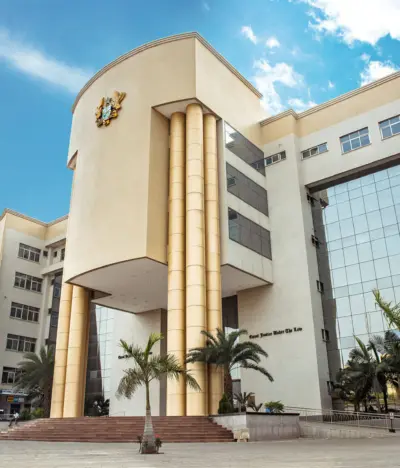The enactment of the Companies Act 2019 (Act 992) marks a significant milestone in the evolution of corporate legislation in Ghana. This legislative framework, which supersedes the previous act, aligns Ghana’s corporate governance with global best practices and addresses the exigencies of the contemporary business landscape. This article seeks to elucidate the pivotal changes introduced by Act 992 and their implications for businesses and the general populace in Ghana, employing a professional and concise approach.
Introduction of Distinctive Company Suffixes
A noteworthy amendment under Act 992 is the diversification of company suffixes, facilitating a clearer understanding of the nature of business entities. Private companies limited by shares will now conclude with “Limited Company” or “LTD”, while public companies bear “Public Limited Company” or “PLC”, among other designations. This differentiation ensures immediate recognition of a company’s legal structure by the public.
Establishment of the Office of the Registrar of Companies
The act introduces the Office of the Registrar of Companies, centralizing the registration and regulatory oversight of businesses within a single authority. This new body is tasked with the comprehensive regulation of companies, partnerships, and business names, underscoring the government’s commitment to enhancing the efficiency and transparency of business operations.
Abolition of Minimum Capital Requirement
In a significant departure from previous legislation, Act 992 eliminates the minimum capital requirement for company formation. This reform is anticipated to lower barriers to entry for entrepreneurs, stimulating innovation and economic diversification.
Regulation of Pre-Incorporation Contracts
The act extends the timeframe for the ratification of pre-incorporation contracts to 18 months post-incorporation, offering legal protection for early transactions undertaken in the name of the company.
Penalties for Errors and Omissions in Documents
Act 992 introduces penalties for inaccuracies or omissions in documents submitted to the Registrar, underscoring the importance of precision and accountability in corporate documentation.
Management of Unclaimed Dividends
The legislation mandates the transfer of unclaimed dividends to an interest-bearing account after three months, and subsequently to the Registrar if unclaimed for twelve months. This process ensures the safeguarding of shareholders’ dividends while maintaining transparency.
Redefinition of Company Regulations as the Constitution
The act renames the company’s regulations to its constitution, offering companies the flexibility to adopt a registered constitution or operate under default legal frameworks.
Enhancement of Shareholder Powers through Derivative Actions
Act 992 empowers shareholders to initiate or intervene in legal actions on behalf of the company, thereby reinforcing the mechanisms for corporate accountability and governance.
Clarification of Directors’ Powers and Responsibilities
The act delineates the powers and duties of directors, emphasising the consideration of long-term impacts, community and environmental effects, and the maintenance of high standards of business conduct.
Adoption of International Financial Reporting Standards
Financial statements are now required to comply with International Financial Reporting Standards (IFRS), ensuring consistency and transparency in financial reporting.
Director Disqualification and Auditing Firm Rotation
Act 992 stipulates stricter criteria for director disqualification and introduces mandatory rotation of auditing firms every six years, enhancing governance and mitigating conflicts of interest.
Disclosure of Beneficial Ownership
The legislation mandates the disclosure of beneficial owners, promoting transparency in the ownership and control of companies.
The Companies Act 2019 (Act 992) represents a comprehensive overhaul of Ghana’s corporate governance landscape, reflecting a deliberate move towards fostering a robust, transparent, and efficient business environment. It is imperative for business entities and stakeholders to acquaint themselves with these reforms to navigate the legal terrain effectively.






